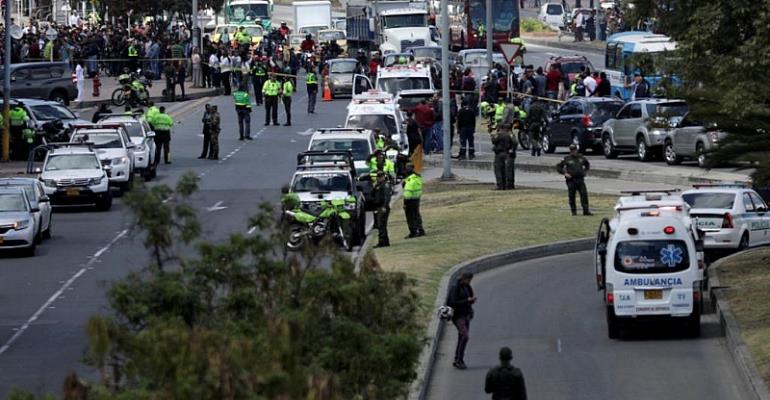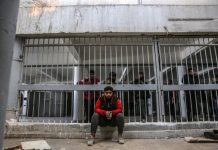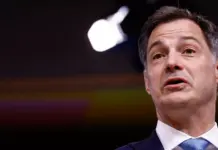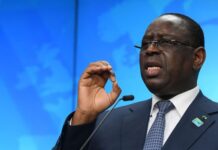
At least nine people have been killed and 54 others injured after a car bomb exploded today at a police academy in the Colombian capital Bogotá.
The blast happened at 09:30 local time at the General Santander school, an academy for police cadets in the south of the city. Authorities said José Aldemar Rojas Rodríguez was the author of the attacks, but have yet to identify a motive.
Images on social media show a charred vehicle in front of the police academy, surrounded by debris. Witnesses said they heard a loud explosion, which destroyed windows in surrounding buildings. Ambulances and helicopters then rushed to the scene.
Local reports suggest that a grey pick-up truck laden with explosives, entered the school compound and when it was stopped by guards at a checkpoint, the driver accelerated, driving into a wall before detonating. The driver of the car is believed to be among the dead. Authorities confirmed that vehicle carried some 80 kilos of pentolite, an explosive often used in military implements and in the elaboration of improvised antipersonnel mines.
The death toll, reported by the defence ministry, currently stands at nine, and the Bogota health ministry said a further 54 people were injured. Among those injured are a Panamanian and an Ecuadorean national. The identities of those killed has not yet been released.
President Ivan Duque, who had been visiting a western state of Colombia at the time of what he said was a “miserable act of terrorism”, returned immediately to the capital. Arriving at the scene he held a minute of silence in honour of the victims of the attack. In a public address he said “This is an attack not only against our youth, or our police force. It is an attack against the whole of our society.”
Other politicians took to Twitter to condemn the attacks and express solidarity with the police. One local councillor in Bogotá, Emel Rojas, tweeted that the whole city was in mourning over the “cowardly act”. The French ambassador to Colombia, Gautier Mignot, joined other diplomats condemning the attack. “My thoughts are with the victims and their families”, he wrote.
Authorities identified José Aldemar Rojas Rodríguez as the author of the attack, but have yet to confirm whether he carried out the attack independently or as part of an armed group. Attention initially focused on leftist rebels from the National Liberation Army (ELN), who have stepped up attacks on police in recent months as peace talks with Duque’s government have stalled. Last week the ELN rejected Mr Duque’s demands for a unilateral ceasefire before negotiations in Havana resume.
The blast recalls high-profile attacks aimed at killing police officers associated with the worst of Colombia’s long battle against leftist rebels and drug cartels. Since a peace agreement was signed in 2016 with the FARC, the then-largest rebel group, such attacks have become less frequent.
The last deadly bombing to hit the capital was in June 2017, when a bomb exploded in an upmarket shopping mall, killing three people, including a French woman. But it has been more than a decade since a police or military installation has been targeted by a major bombing. In 2006, a bomb at a military university left almost two dozen people injured.
Residents of Bogotá have been asked to donate blood at four points across the capital to help doctors treating the scores of wounded.









